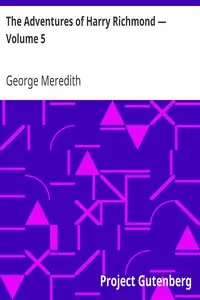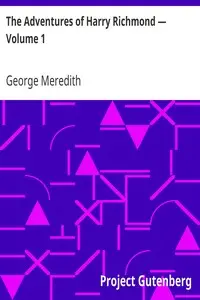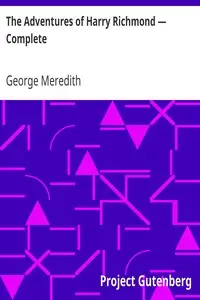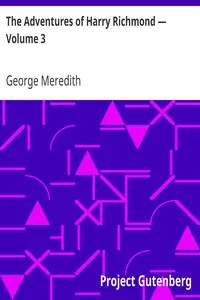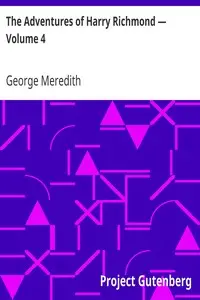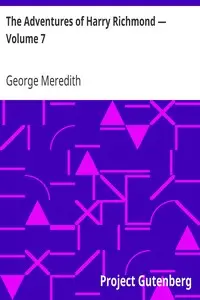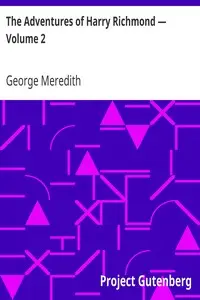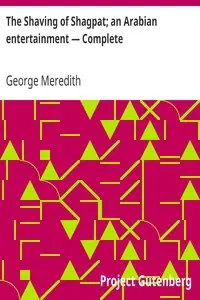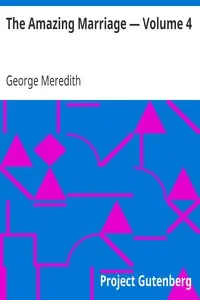"The Adventures of Harry Richmond — Volume 6" by George Meredith is a captivating story set in the late 1800s that follows Harry Richmond as he wrestles with love, class, and family drama in London. At the beginning of the book, Harry sees his father, Roy Richmond, earning respect from other rich, important gentlemen at the Opera. As Harry spends time with characters like Lady Edbury and Anna Penrhys, he has to face the reality of his father's high hopes for his status and over-the-top living, creating feelings of stress around his possible relationship with a German princess named Ottilia. In the first few parts, Harry feels puzzled and annoyed by rumors about what his father wants for him, and he also works to find his place in a world where everyone is watching him and his family has big expectations. Overall, the book provides a mix of observations about society and problems that Harry must solve, getting readers ready for what comes next in Harry's life.
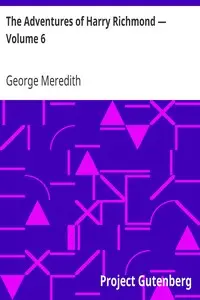
The Adventures of Harry Richmond — Volume 6
By George Meredith
Amidst whispers of royal engagements and societal pressures, a young man struggles to define himself and escape the shadow of his father's grand ambitions.
Summary
About the AuthorGeorge Meredith was an English novelist and poet of the Victorian era. At first, his focus was poetry, influenced by John Keats among others, but Meredith gradually established a reputation as a novelist. The Ordeal of Richard Feverel (1859) briefly scandalised Victorian literary circles. Of his later novels, the most enduring is The Egoist (1879), though in his lifetime his greatest success was Diana of the Crossways (1885). His novels were innovative in their attention to characters' psychology, and also portrayed social change. His style, in both poetry and prose, was noted for its syntactic complexity; Oscar Wilde likened it to "chaos illumined by brilliant flashes of lightning". Meredith was an encourager of other novelists, as well as an influence on them; among those to benefit were Robert Louis Stevenson and George Gissing. Meredith was nominated for the Nobel Prize in Literature seven times.
George Meredith was an English novelist and poet of the Victorian era. At first, his focus was poetry, influenced by John Keats among others, but Meredith gradually established a reputation as a novelist. The Ordeal of Richard Feverel (1859) briefly scandalised Victorian literary circles. Of his later novels, the most enduring is The Egoist (1879), though in his lifetime his greatest success was Diana of the Crossways (1885). His novels were innovative in their attention to characters' psychology, and also portrayed social change. His style, in both poetry and prose, was noted for its syntactic complexity; Oscar Wilde likened it to "chaos illumined by brilliant flashes of lightning". Meredith was an encourager of other novelists, as well as an influence on them; among those to benefit were Robert Louis Stevenson and George Gissing. Meredith was nominated for the Nobel Prize in Literature seven times.

